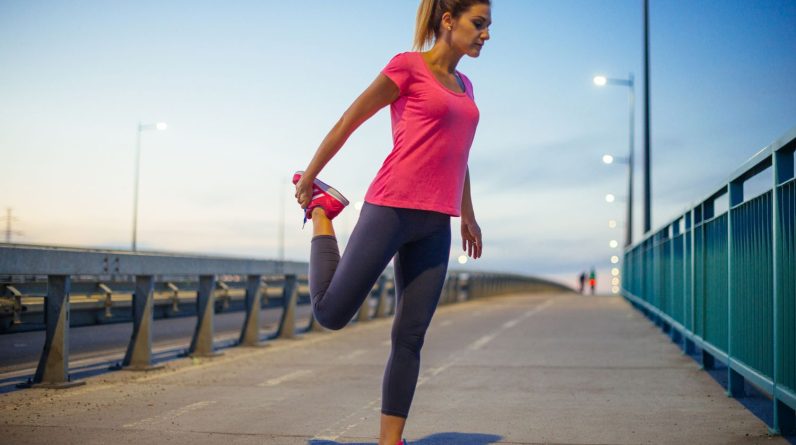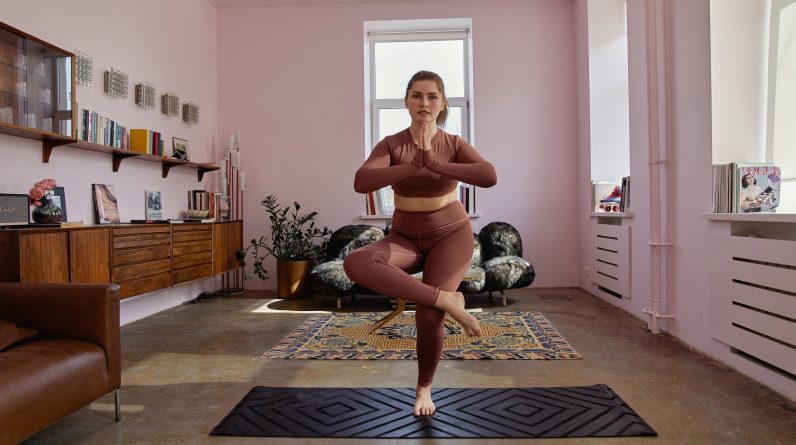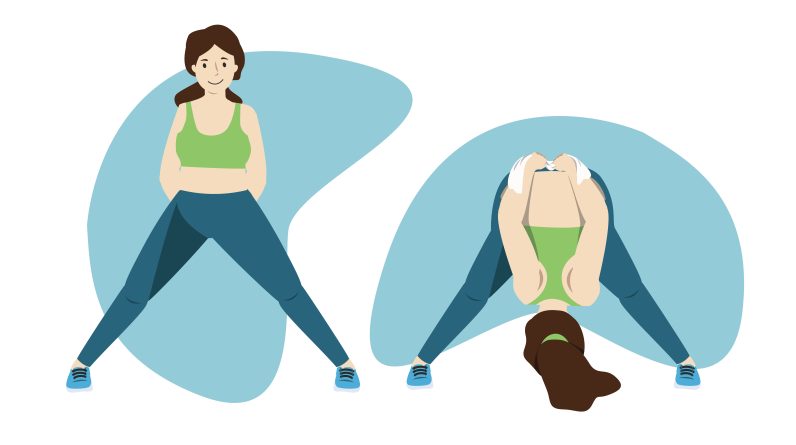
The Importance of Flexibility: Incorporating Stretching into Your Routine
Flexibility is often an overlooked aspect of fitness, but it plays a crucial role in maintaining overall health and well-being. Incorporating stretching into your daily routine can have numerous physical and mental benefits, making it an essential component of a balanced lifestyle.
What Is Flexibility?
Flexibility refers to the range of motion in your joints and muscles. It is the ability of your body to move freely and comfortably in various directions. When you have good flexibility, you can bend, twist, and reach without straining your muscles or joints.
Physical Benefits of Flexibility
- Injury Prevention : One of the primary advantages of being flexible is a reduced risk of injury. When your muscles and joints are flexible, they can absorb shock and stress better, making it less likely for you to strain or tear a muscle during physical activities.
- Improved Posture : Good flexibility can contribute to better posture. Stretching the muscles around your spine and shoulders can help you maintain an upright position, reducing the risk of developing poor posture-related problems.
- Enhanced Range of Motion : Flexibility training can improve your range of motion. This is especially beneficial for athletes and individuals who engage in activities that require a wide range of motion, such as dancers, gymnasts, and martial artists.
- Pain Relief: Stretching can alleviate muscle and joint pain. It can help relieve tension and tightness in the body, making it an effective complementary practice for those dealing with chronic pain conditions.
Mental Benefits of Flexibility
- Stress Reduction: Stretching is not just beneficial for the body; it also has a positive impact on the mind. Engaging in stretching exercises can promote relaxation and reduce stress by releasing endorphins, the body’s natural mood lifters.
- Improved Focus : The mindfulness required for proper stretching can enhance your mental focus and concentration. It provides a mental break from the daily grind, allowing you to clear your mind and recenter your thoughts.
- Better Sleep : Regular stretching can contribute to better sleep quality. When your body is relaxed, it’s easier to fall asleep and stay asleep, leading to more restful nights.
Incorporating Stretching into Your Routine
Now that we understand the importance of flexibility, let’s explore how you can incorporate stretching into your daily routine:
- Morning Stretches : Start your day with a gentle stretching routine. This can help wake up your muscles and prepare your body for the day ahead. Focus on major muscle groups like your neck, shoulders, back, and legs.
- Desk Stretches : If you have a desk job, take short breaks to stretch your body. Simple stretches like neck rolls, shoulder stretches, and seated hamstring stretches can relieve tension from sitting for prolonged periods.
- Before Exercise : Always include a warm-up that involves dynamic stretching before engaging in strenuous physical activities. Dynamic stretches can include leg swings, arm circles, and torso twists to prepare your body for movement.
- After Exercise : After your workout, engage in static stretching to improve flexibility and reduce post-exercise muscle soreness. Focus on the muscles you’ve worked during your workout.
- Evening Relaxation : Before bedtime, perform gentle stretches to relax your body and mind. Stretching your legs, hips, and back can help release any tension built up throughout the day.
Safety Tips for Stretching
While stretching offers many benefits, it’s essential to follow some safety guidelines:
- Warm-Up First : Never stretch cold muscles. Warm up your body with light aerobic activity or a warm shower before stretching.
- Don’t Overstretch : Stretch to the point of tension, not pain. Overstretching can lead to injury. Hold each stretch for 15-30 seconds and repeat as needed.
- Breathe : Maintain steady and deep breathing during your stretches. It helps your muscles relax and improves the effectiveness of the stretch.
- Consistency : Flexibility gains come with consistent practice. Aim to stretch regularly, ideally every day or at least a few times a week.
Flexibility is not just for athletes or yoga enthusiasts. It’s an essential component of overall health and well-being that everyone should prioritize. Incorporating stretching into your daily routine can lead to improved physical health, reduced stress, and enhanced mental clarity. So, take a few moments each day to stretch your body and reap the benefits of flexibility for a healthier, happier you.






